Family holidays are built on shared meals, curious detours, and the kinds of stories that get told for years. Porto and Lisbon offer all of this with a mix of history, open spaces, and things that keep children and adults equally interested. These two cities are different in tempo and feel—Porto has a slower pace, while Lisbon has a bit more motion—but both carry a mood that suits family travel. Whether you’re walking along the Douro River or taking a tram up Lisbon’s steep streets, this trip can feel like a long, meandering conversation—low-key, full of moments, and never hurried.
Porto's compact size makes it manageable with children, even with the hills. The city wraps itself along the Douro River, and many of the main sights sit within a walkable stretch. Ribeira, the riverside quarter, feels like a good place to start. It's one of the older parts of the city, but it remains lively in a way that's not overwhelming. Watch boats pass under the Dom Luís I Bridge, let the kids snack on pastéis de nata, and sit a while—there’s no rush.
A ride on the Gaia cable car gives a view of the riverbanks that kids tend to enjoy. Across the bridge, Vila Nova de Gaia offers wide paths and open space by the river where you can take a break. Jardim do Morro, just at the top of the cable car, is a small but calm park where you can sit and see the city stretch out across the water.
Another good pause point is the Crystal Palace Gardens. It’s quiet, scenic, and has enough space for kids to move around. There are ducks, fountains, and shaded benches that make it a decent break from walking. You don’t need to schedule too much in Porto—just moving slowly through the neighborhoods gives you plenty to see.
In terms of food, Porto is easy. Most restaurants are used to families, and many will happily adjust meals for kids. Try a Francesinha sandwich if you’re curious, though smaller appetites might prefer grilled chicken or codfish dishes. Markets like Mercado do Bolhão are good for browsing, and kids often like watching the vendors at work.
Public transport is reliable, but many families prefer walking or using the occasional taxi to avoid steep climbs. The city isn’t large, and most places you’ll want to visit are within a short radius.
Lisbon has more movement—more traffic, more steps, more of everything. But it also opens up into wide viewpoints, leafy plazas, and sunny coastal light that makes exploring feel less tiring than expected. It helps to plan each day around one or two neighborhoods instead of trying to see everything at once.
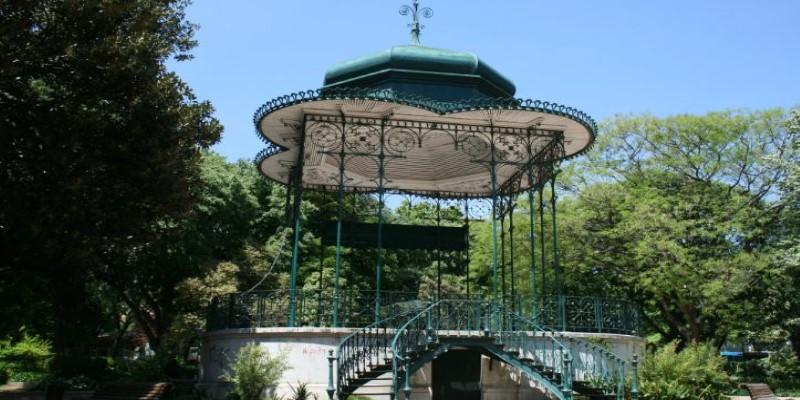
The Alfama district is a good starting point. It's older, quiet in the mornings, and has gentle hills that slope down toward the river. The number 28 tram runs through here and offers a slow ride through the city's most traditional streets. Kids usually enjoy this tram, and it can save some walking, but it gets crowded—best taken early in the day.
For more space to breathe, head to the Belém area. You’ll find the Jerónimos Monastery, the Monument to the Discoveries, and the Belém Tower all near the river. This is where the city feels widest, with big open paths along the waterfront that are good for strollers or scooters. The MAAT museum nearby often has exhibits that are visual and hands-on, which helps when traveling with younger children.
Parks like Eduardo VII or Jardim da Estrela give you a place to stop in the middle of the city. You can bring some snacks, let the kids move around, and reset before the next walk or tram ride.
The Oceanário in the Parque das Nações is often a favorite. It’s large but not exhausting, and the mix of sea life tends to interest most ages. Around the same area, the cable car along the river adds another option for views without the effort.
Food-wise, Lisbon is forgiving. Cafés serve simple meals throughout the day, and many are fine with children taking their time. Pastéis de Belém is often a hit, and fresh seafood appears on most menus. As in Porto, it’s usually easy to ask for changes or small portions.
Accommodation makes a real difference on a family trip. In both cities, short-term apartments offer kitchen access and extra space. Choose places near public transport but away from busy entertainment areas for quieter nights.
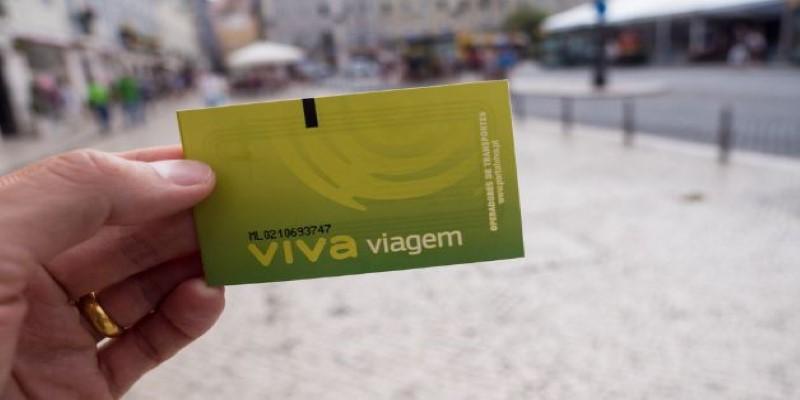
Porto and Lisbon have reliable metro and tram systems. In Lisbon, the Viva Viagem card works well for multiple rides in a day. In Porto, the Andante card serves the same purpose. Taxis and rideshare services are easy to find and usually cheaper than in many other European cities.
Pack for mixed weather. Mornings and evenings can be cool, even in summer, especially near the river. Both cities involve walking, often on cobbled streets and hills, so good shoes matter.
Language is rarely a barrier. Most staff in restaurants, shops, and stations understand some English. Still, a few Portuguese words—like “obrigado” (thank you)—are appreciated.
Traveling between Porto and Lisbon is easiest by train. The Alfa Pendular is fast, runs several times daily, and lets you book seats—handy with kids. Some families rent a car to explore between cities, but parking can be tough in the centers.
Leave space in your schedule. These cities reward slow walks and unplanned moments—sharing a pastry, sitting by the river, or hearing street music as you pass by.
A family trip to Porto and Lisbon doesn’t need a long list of attractions to feel special. Both cities balance atmosphere with activities, offering open squares, riverside walks, and easy pauses. From enjoying simple meals to watching the river drift by, the moments are unhurried yet memorable. Porto offers calm, Lisbon offers light, and together they create a family holiday filled with ease, flavor, and small, lasting joys.
 TOP
TOP
Curious about when to claim your Social Security benefit? Learn how age, health, income, and other personal factors influence this important decision and shape your retirement future
 TOP
TOP
The joys of spontaneous travel with tips for unplanned adventures, packing light, and connecting with locals for unforgettable experiences.
 TOP
TOP
Discover thrilling day trips near Cape Town, featuring stunning landscapes, cultural experiences, and adventure for every traveler.
 TOP
TOP
Discover the truths and misconceptions about medical research studies in this insightful article.
 TOP
TOP
The benefits of outdoor activities for improving physical and mental well-being.
 TOP
TOP
Discover the truth about cold weather and its link to sickness in this science-based article.
 TOP
TOP
Identify emotional clutter and discover practical ways to declutter your mind for clarity and peace.
 TOP
TOP
Debunking 7 common myths about Alzheimer’s and dementia for clearer understanding.
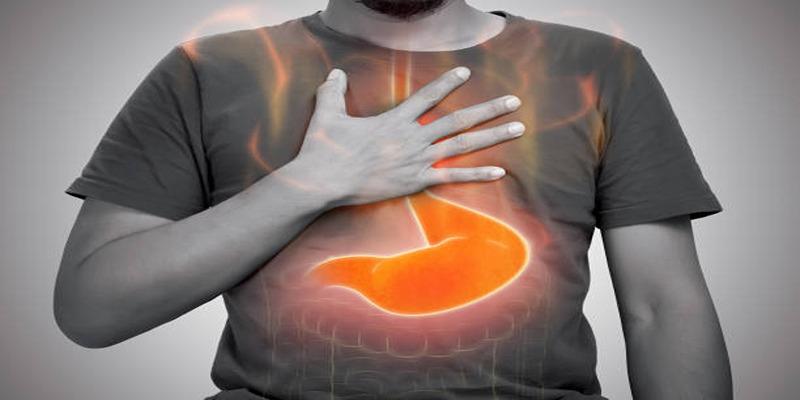 TOP
TOP
Untreated GERD can cause esophagus damage, Barrett’s esophagus, dental erosion, and cancer. Learn symptoms, risks, and why early treatment matters for health.
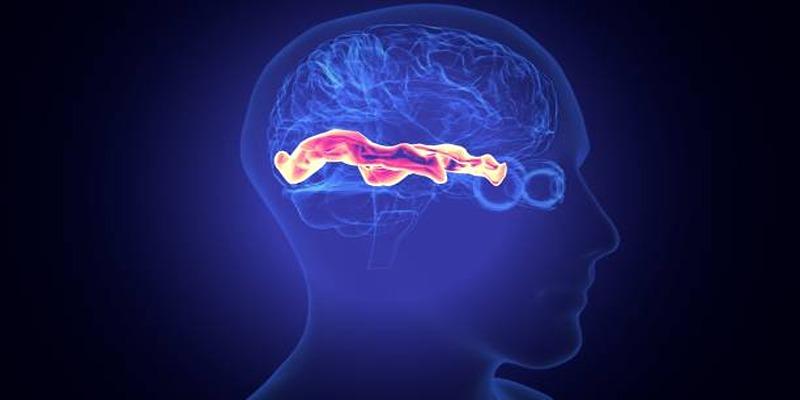 TOP
TOP
Aphantasia affects mental imagery, memory, and creativity. Explore its causes, cognitive impacts, coping strategies, and real-life adaptations for navigating life without a mind's eye.
 TOP
TOP
Mental health shapes our well-being, productivity, and equality. Learn why it matters for everyone and discover ways to build stronger support systems.
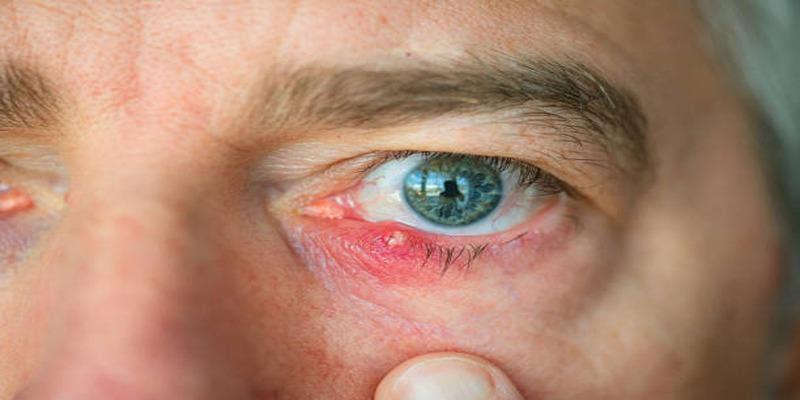 TOP
TOP
Learn to identify whether your eyelid bump is a stye or a chalazion, understand the causes and symptoms, and explore effective treatment options for better eye health and comfort.